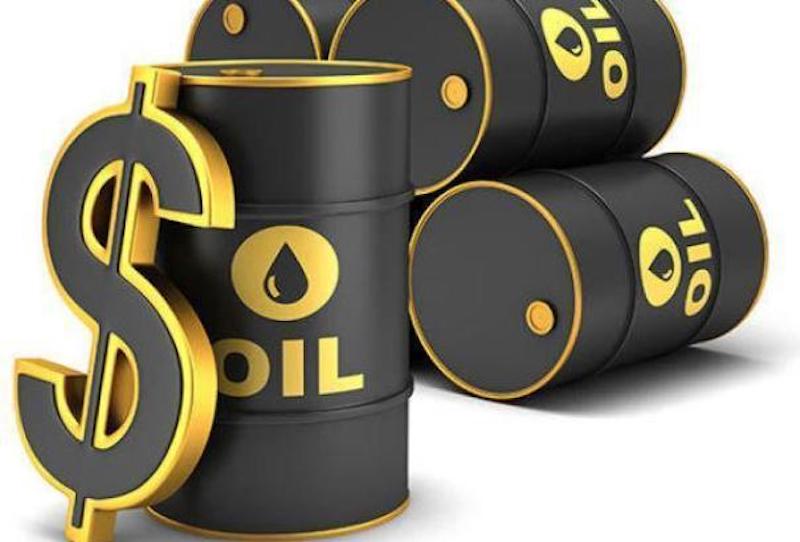Crude oil prices rose on Friday, capping a week marked by concerns about Chinese demand and wrangling over a Western price cap on Russian oil.
Brent crude futures were up 22 cents, or 0.3%, to $85.56 per barrel, while West Texas Intermediate (WTI) crude futures were up 43 cents, or 0.6%, to $78.37 per barrel.
China, the world’s largest oil importer, reported a new daily record for COVID-19 infections on Friday, as cities across the country continued to impose mobility restrictions and other measures to control outbreaks.
The Asian nation is navigating stricter COVID-19 control measures after reporting another record high in daily infections just weeks after hopes of easing measures were raised.
The resurgence of COVID cases in China has prompted widespread lockdowns and other restrictions on movement and business, as well as pushback, with 32,695 new local infections recorded on Thursday as numerous cities report outbreaks.
This comes as China’s COVID response is wreaking havoc on the world’s second-largest economy.
The announcement of 20-point measures comes at a time when rising cases have prompted an increasingly heavy response under China’s strict zero-COVID approach, causing widespread confusion and uncertainty in major cities such as Beijing, where many residents are locked up at home.
This is beginning to affect fuel demand, with traffic slowing and implied oil demand around 1 million barrels per day lower than average.
Meanwhile, diplomats from the Group of Seven (G7) and the European Union (EU) have been discussing a Russian oil price cap of $65 to $70 per barrel, but no agreement has been reached ahead of talks scheduled to resume on Friday.
The strategy is to limit revenue to fund Russia’s war in Ukraine while minimizing disruption to global oil markets.
Analysts pointed out that the proposed price cap on Russian oil of $65-$70 per barrel would have a little immediate impact on Moscow’s revenues because it is broadly in line with what Asian buyers are already paying.
For example, India, Russia’s second-largest customer, pays the equivalent of a $25 to $35 per barrel discount to international benchmark Brent crude for Russian Urals crude.
The market will be anticipating moves ahead of the next meeting of the Organization of the Petroleum Exporting Countries and Allies, OPEC+, on December 4, while an EU ban on Russian crude is set to take effect on December 5.


